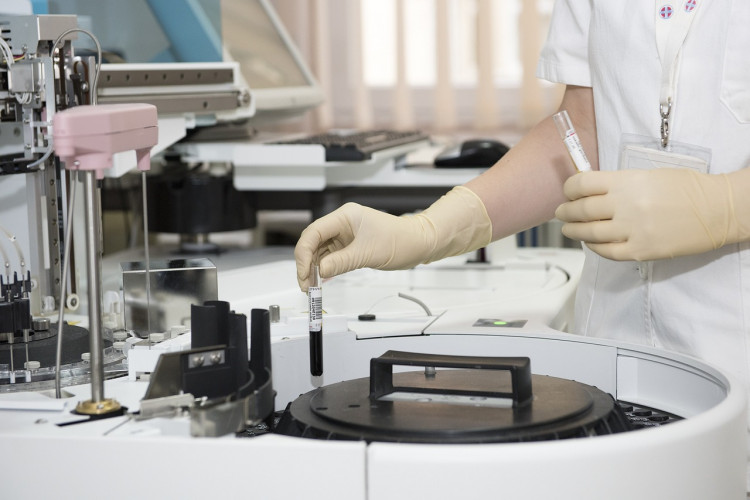Cancer rates are rising alarmingly among younger generations, with new research pointing to obesity as a significant contributing factor. A study published in The Lancet Public Health highlights that Generation X and Millennials are experiencing a dramatic increase in cancer rates, particularly for 17 types of cancer linked to obesity. This concerning trend suggests that obesity and other lifestyle factors are playing a crucial role in the spike in cancer cases.
The American Cancer Society (ACS) conducted an extensive analysis of data from nearly 24 million patients diagnosed with 34 types of cancer between January 1, 2000, and December 31, 2019. The study found that the incidence rates for 17 cancers have skyrocketed among Generation X and Millennials. These cancers include colorectal, uterine, gallbladder, kidney, and pancreatic cancers, all of which have strong links to obesity.
While the study authors cautiously suggest that "rising cancer incidence for many cancer types in successively younger generations suggests increases in the prevalence of carcinogenic exposures during early life or young adulthood," they stop short of definitively naming obesity as the sole culprit. Instead, they call for intervention strategies tailored to the social and cultural contexts of younger generations.
Experts outside the study are more direct in their assessments. Timothy Rebbeck, a professor of cancer prevention at the Dana-Farber Cancer Institute, explained to Yahoo Life, "When someone is obese, a lot of things change in the body, including chronic inflammation that leads to years and years worth of damage to cells and tissues in the body, which can lead to cancer." This chronic inflammation and other factors associated with obesity, such as high levels of free fatty acids, are known to contribute to various diseases, including cancer, type 2 diabetes, and cardiovascular disease.
The study's findings are supported by real-life cases like that of Chris Lopez, a 35-year-old chef who was diagnosed with stage 3 colon cancer at the age of 30. Lopez had no family history of cancer and genetic tests revealed no predisposition, yet he developed a grapefruit-sized tumor. "It was a lot to take in," Lopez told CBS News. "I was at the time trying to finish college and working." After undergoing chemotherapy and radiation, Lopez is now in remission and emphasizes the importance of early detection and lifestyle changes.
Dr. Bill Dahut, the chief scientific officer at the American Cancer Society, highlighted the urgency of addressing these rising cancer rates. "The risk for developing cancer, including colorectal cancer, uterine cancer, liver cancer, and breast cancer, is higher for those born in the 1980s and 1990s compared to those born in the 1940s and 1950s," Dahut said. He suggests that environmental factors, including diet and lack of exercise, are likely contributing to the trend. "We need more research in those areas," he added.
The ACS study warns that without effective population-level interventions, the increasing cancer burden among younger generations could reverse decades of progress against the disease. "Without effective population-level interventions, the maturation of younger generations could lead to an overall increase in cancer burden in the future, halting or reversing decades of progress against cancer," the study authors caution.
Preventative measures are crucial. Dr. Dahut notes that about 40% of cancers are preventable through lifestyle changes such as not smoking, maintaining a healthy weight, and being physically active. He also urges young people to be vigilant about persistent symptoms and to consult their doctors for early screenings if they have known risk factors, including family history.
Lopez's story is a poignant reminder of the importance of early detection. "Get yourself checked. It can save your life literally," he advised. This message resonates strongly as the study underscores the need for increased awareness and proactive measures to combat the rising tide of cancer among younger populations.






